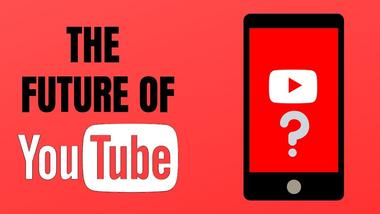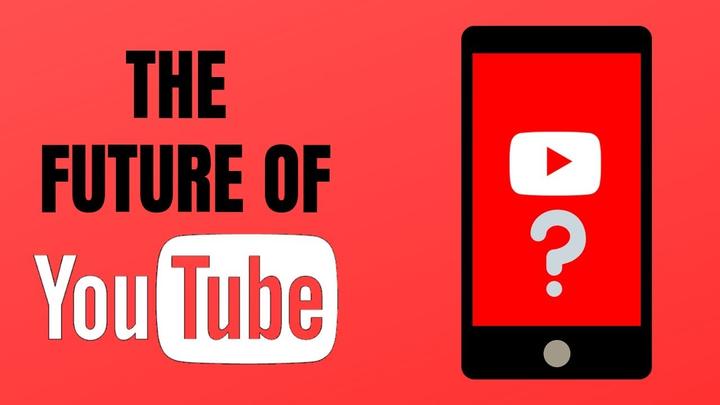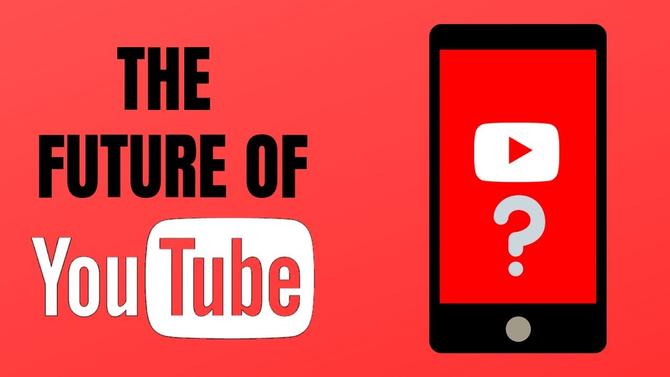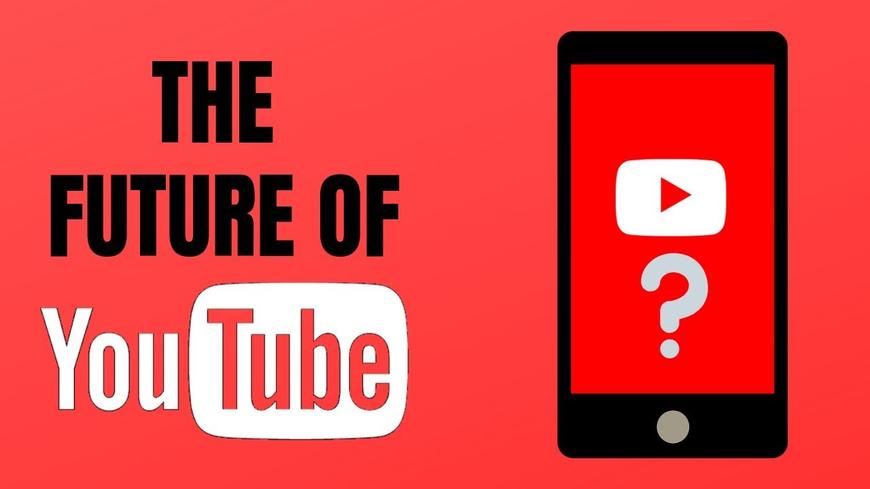



YouTube, the world's leading video-sharing platform, has revolutionized the way we consume and create content online. Since its inception in 2005, YouTube has undergone significant transformations, adapting to evolving trends and user demands. This essay explores the past, present, and future tendencies that YouTube faces, shedding light on its remarkable journey and predicting what lies ahead for the platform.
The Past: A Platform Born of User-Generated Content:
YouTube's rise to prominence can be attributed to its unique concept of user-generated content. It provided a platform for anyone with a camera and an internet connection to share their videos with the world. The early years of YouTube witnessed a surge in viral videos, homemade sketches, and amateur content, which quickly gained immense popularity. The platform's success was fueled by its simplicity, accessibility, and diverse range of content.
The Present: YouTube as a Global Entertainment Hub:
Today, YouTube has evolved into a multifaceted platform that caters to a broad spectrum of users and content creators. While user-generated content remains prevalent, YouTube has also become a hub for professional content creators, media organizations, and celebrities. The platform offers a vast array of genres, including music videos, tutorials, vlogs, gaming, news, and educational content.
a) Monetization and Professionalization: One of the significant shifts on YouTube has been the monetization and professionalization of content creation. The YouTube Partner Program, launched in 2007, allows creators to earn revenue through advertisements, sponsorships, and merchandise sales. This has attracted a new wave of creators who treat YouTube as a full-time career.
b) Rise of Influencer Culture: YouTube has played a pivotal role in the rise of influencer culture. Influencers, with their engaging personalities and relatable content, have amassed millions of subscribers and wield significant influence over their audiences. Brands recognize the marketing potential of these influencers, leading to collaborations and brand endorsements, creating new revenue streams for both creators and the platform.
c) Expansion into Live Streaming and Original Content: YouTube has ventured into live streaming, providing a platform for events, performances, and gaming competitions. Moreover, the introduction of YouTube Originals, featuring high-quality productions and exclusive content, has intensified competition with traditional media outlets, such as television networks and streaming services.
The Future: Anticipating Transformations and Challenges:
As YouTube looks to the future, several trends and challenges are likely to shape its evolution. These include:
a) Mobile Dominance: The rise of mobile devices has already transformed YouTube's user base, with a significant portion of viewership occurring on smartphones and tablets. The platform will need to adapt further to optimize the mobile viewing experience and cater to shorter attention spans.
b) Personalization and Recommendation Algorithms: YouTube's recommendation algorithms have been instrumental in keeping users engaged. However, concerns about echo chambers, misinformation, and addiction to certain types of content have arisen. The platform will face the challenge of striking a balance between personalized recommendations and ensuring a diverse range of content is exposed to users.
c) Regulatory and Legal Challenges: YouTube faces ongoing scrutiny regarding copyright infringement, hate speech, and misinformation. Stricter regulations and legal battles over content ownership will pose challenges that the platform must address to maintain its integrity and comply with evolving standards.
d) Competition from Other Platforms: The competitive landscape is continually evolving, with other video-sharing platforms emerging and gaining popularity. Platforms like TikTok, Instagram Reels, and Twitch offer unique features and cater to specific content niches, posing a threat to YouTube's dominance. YouTube will need to innovate, diversify its offerings, and retain its distinct identity to stay ahead.
Conclusion:
YouTube's journey from a platform for user-generated content to a global entertainment hub has been nothing short of extraordinary. As it moves into the future, YouTube will continue to adapt and evolve to meet the demands of an ever-changing digital landscape. By embracing new technologies, addressing challenges, and maintaining its commitment to fostering a diverse and engaging community, YouTube is poised to remain a powerhouse in the world of online video for years to come.